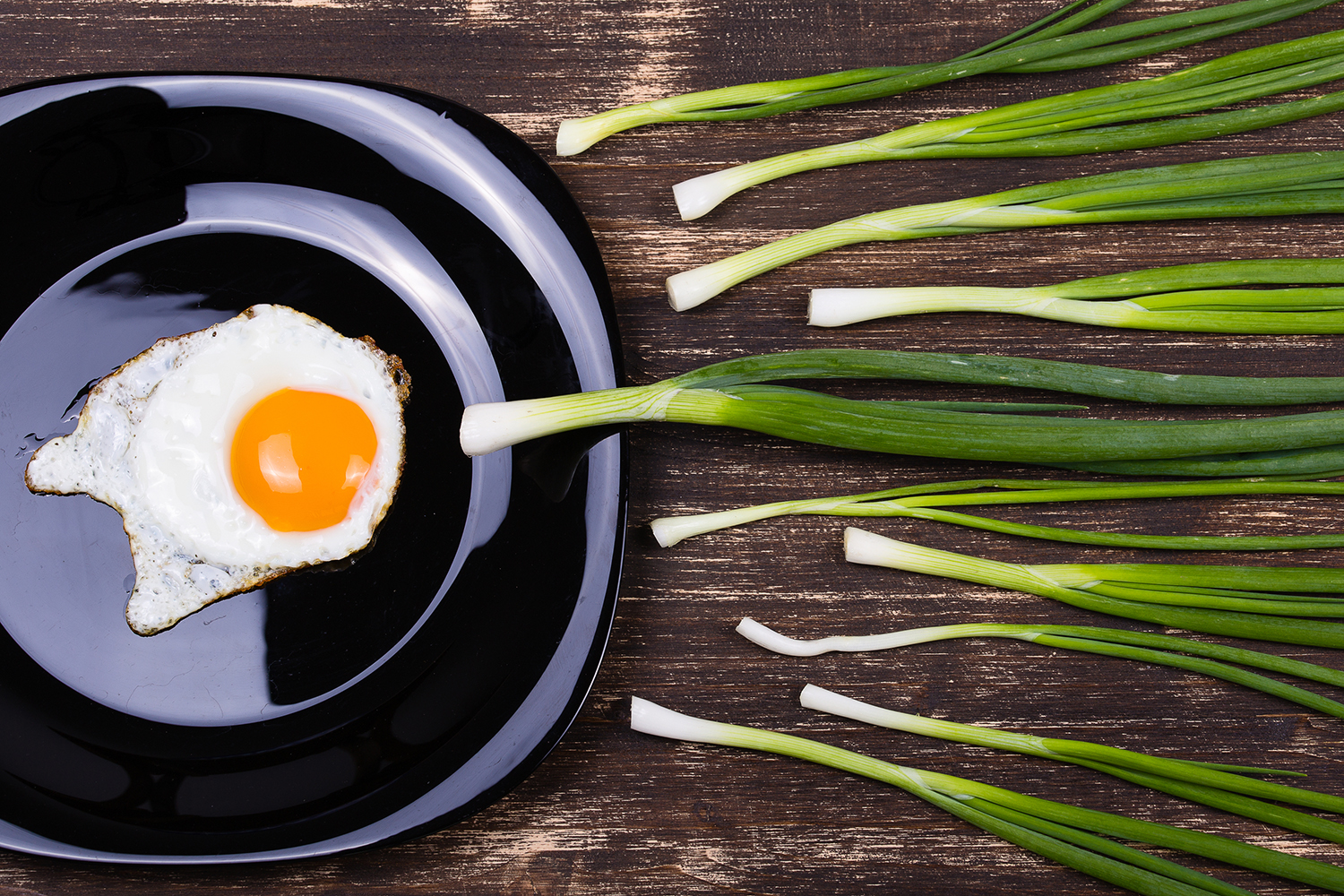What you eat can’t guarantee you get pregnant, but it can help!
Keep in mind that while diet and supplements can help with fertility, you should talk with your physician if an infertility work-up is necessary.
Fertility Friendly Foods
Consider the following foods to promote and support fertility.
-
Fruits & Veggies
Fill half the plate at each meal with fresh produce.
- Kale contains nutrients that help with estrogen metabolism.
- Asparagus and watermelon offer high amounts of glutathione—an important nutrient for egg quality.
-
Iron-Rich Food
Consider spinach, beans, tomatoes, beets, pumpkins, and whole-grain cereals. They all seem to promote fertility.
-
Full-Fat Dairy
Eat up to two servings a day of whole yogurt, whole milk, and other full-fat dairy products.
This is a better choice than low-fat dairy. A high intake of low-fat dairy has been shown to increase the risk of ovulatory infertility when compared to consuming higher-fat options.
-
Proteins
-
Vegetable Protein
Replace one serving of meat a day with beans, peas, or nuts.
These sources of vegetable protein may help improve fertility.
-
High-Quality Animal Protein
The nutrients these contain help with the development of a baby’s nervous system.
- Egg yolks contain the nutrient choline, which helps with a baby’s brain development.
- Eating lean chicken and omega-3-rich seafood (salmon, sardines, and canned light tuna) can help cut premature birth risk.
-
-
Whole Grains
Whole grains contain high amounts of B and E vitamins as well as fiber—nutrients that all help with fertility. Eat brown rice, quinoa, millet, and amaranth.
-
Healthy Fats
Avocados, olive oil, grapeseed oil, and nuts reduce body inflammation, which in turn encourages fertility and healthy ovulation.
According to integrative nutritionist and author Alisa Vitti, “Studies have shown that consuming a certain quantity of monounsaturated fats in the form of avocados during the IVF cycle increased the success rate by three and a half times, as opposed to women who don’t eat good plant-based fats during that period.”
Foods to Reduce or Avoid
-
Sodas
They appear to promote ovulatory infertility.
-
Coffee
Drinking too much coffee can cause issues. High amounts of caffeine fill the body with cortisol—a fat-storing hormone.
-
Artificial Sweeteners
These cause a cortisol response, which blocks ovulation. If you need to use a sweetener, try a less-processed option such as honey, maple syrup, or stevia.
-
Trans Fats
They harm heart and blood vessels and increase insulin resistance. Increased insulin levels cause metabolic problems that affect ovulation.
A Harvard School of Public Health study of almost 19,000 women found a higher incidence of ovulatory disorders in women who ate more trans fats and carbs.
-
Sugar
Overconsumption of sugar and processed foods elevates blood-sugar levels.
-
Salt
Too much salt heightens stress levels by increasing blood pressure.
Consider a Multivitamin
Before becoming pregnant, start supplementing with a daily multivitamin/mineral. Look for one that offers 40 to 80 milligrams of iron and 400 micrograms of folic acid.
A Harvard School of Public Health study followed women for eight years and found that those who supplemented with a daily multivitamin containing 400 micrograms of folic acid were 40 percent less likely to experience ovulatory infertility over this time period than those who did not supplement.





